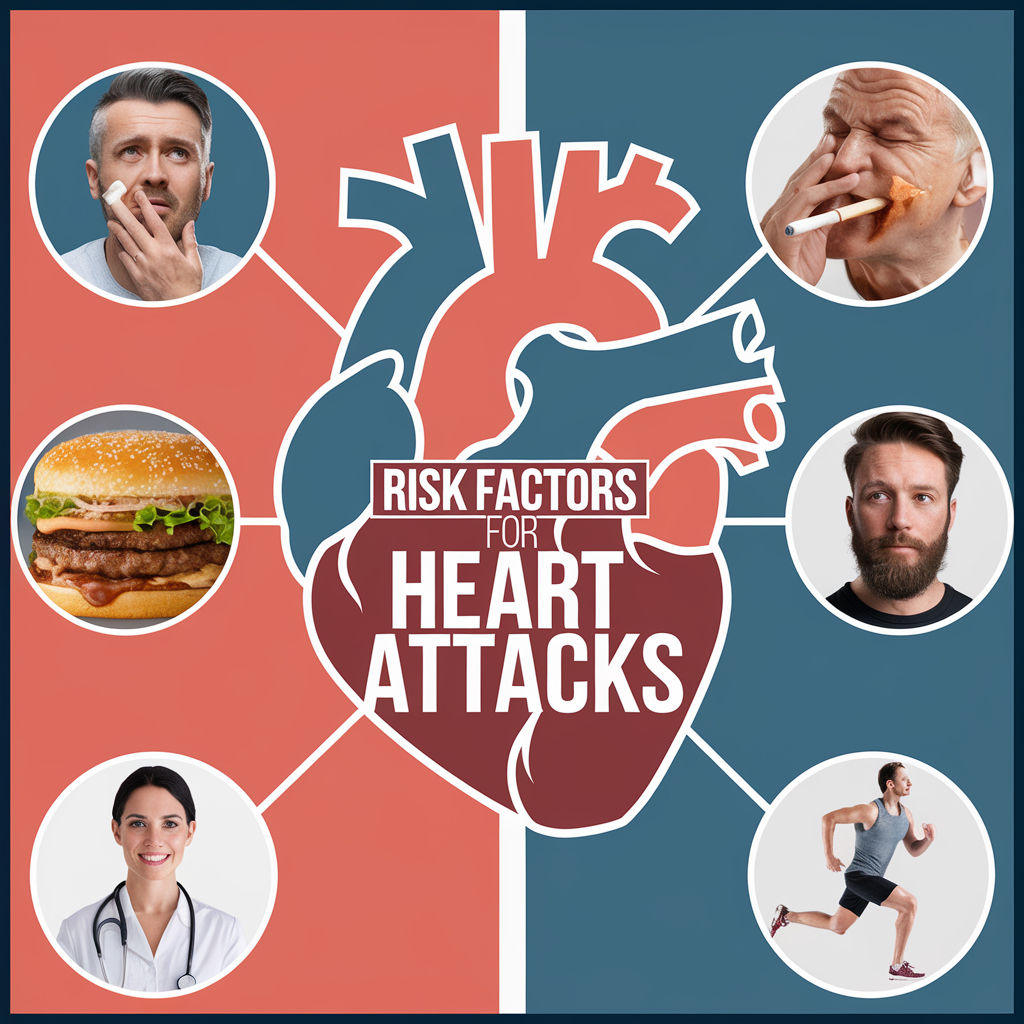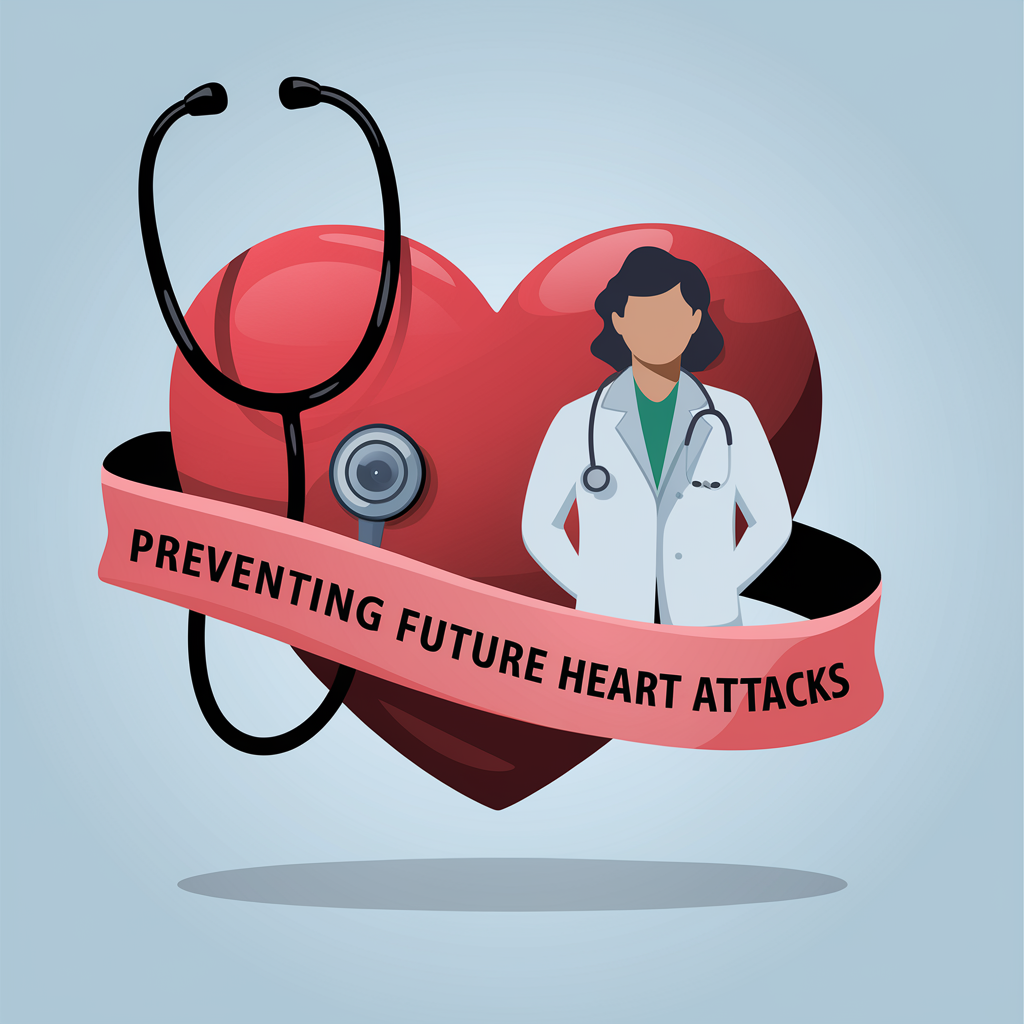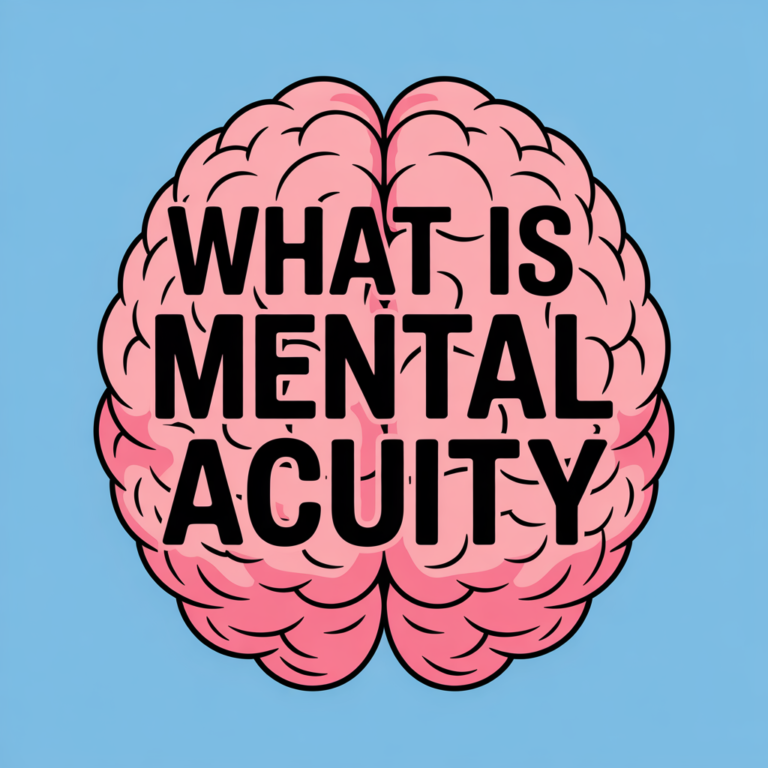When we hear about heart attacks, it’s easy to think they only happen to other people. Yet, heart disease remains one of the leading causes of death worldwide. With various symptoms that could easily be mistaken for other conditions, it’s crucial to recognize the warning signs early. This is where the “Do I Have Heart Attack Quiz” becomes essential. Taking such a quiz helps assess whether your symptoms could be signaling a heart attack and guides you on the appropriate steps to take. In this article, we’ll walk you through the details of heart attack symptoms, when to take action, and how a simple quiz might save your life.
Understanding Heart Attack: What Exactly Is It?
A heart attack, medically known as a myocardial infarction, occurs when the flow of oxygen-rich blood to a section of the heart is blocked, often by a blood clot. This deprivation of oxygen causes the affected part of the heart muscle to be damaged. If not treated immediately, the damage could become irreversible and even fatal. Many assume a heart attack always presents as severe chest pain, but the reality is more nuanced. It can appear with varied symptoms, which makes quizzes and self-assessments useful in early detection.
Why Take a Heart Attack Quiz?
A heart attack quiz is not a definitive medical diagnosis but serves as a tool to evaluate your risk or current symptoms. This kind of quiz helps in assessing the potential warning signs you might be experiencing, whether it’s chest pain, shortness of breath, or unexplained fatigue. Early recognition can make the difference between life and death. Taking a heart attack quiz could prompt you to seek immediate medical help if you score high on risk factors.
Common Heart Attack Symptoms to Watch For

When taking a “Do I Have Heart Attack Quiz,” you’ll likely encounter questions that cover common heart attack symptoms. These include:
- Chest Pain or Discomfort
The most recognized symptom, chest pain, can vary from mild discomfort to severe, crushing pain. Often, it radiates to the arms, neck, jaw, or back. - Shortness of Breath
Difficulty breathing, particularly when at rest, is a major red flag. Shortness of breath can happen before or during a heart attack. - Nausea or Vomiting
This symptom is often dismissed as a stomach bug, but nausea can be a warning sign of a heart attack, especially in women. - Cold Sweats
Breaking out into a sudden sweat without a clear cause can indicate a heart attack. If you experience cold sweats alongside chest discomfort, it’s crucial to act fast. - Unexplained Fatigue
Feeling overly tired without explanation, particularly if accompanied by other symptoms, could signal an underlying heart issue. - Dizziness or Lightheadedness
Feeling faint or woozy, especially when paired with other symptoms, may indicate poor blood flow to the brain and heart.
These are some of the key symptoms assessed in a “Do I Have Heart Attack Quiz” to help you determine if your discomfort could be more than just stress or indigestion.
Uncommon Heart Attack Symptoms: What You Should Know
While the symptoms listed above are common, heart attacks can also present with more unusual signs. Many people, especially women, don’t exhibit “classic” symptoms. Some of these lesser-known indicators include:
- Jaw Pain
Some people experience pain in the jaw or teeth, especially on the left side, which can be easily overlooked as a dental issue. - Back or Shoulder Pain
Discomfort in the back or shoulder can sometimes be the only sign, particularly in women. - Heartburn or Indigestion-like Pain
The sensation of heartburn or indigestion could actually be heart-related, making it essential to pay attention to recurring digestive discomfort.
If these symptoms sound familiar, taking a “Do I Have Heart Attack Quiz” might be a wise decision, especially if you have risk factors for heart disease.
Risk Factors for Heart Attacks: Are You At Risk?

A heart attack quiz will often factor in not just your symptoms but also your overall risk level. Certain conditions and lifestyle choices elevate your chances of experiencing a heart attack. Some of these risk factors include:
- High Blood Pressure (Hypertension)
Uncontrolled high blood pressure strains your heart, increasing the likelihood of heart disease. - High Cholesterol
Elevated cholesterol levels contribute to plaque buildup in the arteries, restricting blood flow and leading to heart attacks. - Diabetes
People with diabetes are at a significantly higher risk due to the impact of high blood sugar on the cardiovascular system. - Smoking
Tobacco use narrows blood vessels and raises blood pressure, increasing your heart attack risk. - Obesity
Excess weight puts added stress on your heart and blood vessels, raising the odds of a heart attack. - Family History
If heart disease runs in your family, your risk is higher. - Age and Gender
Men over 45 and women over 55 are at increased risk of heart attacks.
Understanding your risk factors can help you make better lifestyle choices and might prompt you to take the “Do I Have Heart Attack Quiz” more frequently, especially as you age.
When Should You Take a “Do I Have Heart Attack Quiz”?
The question might arise: When should you actually take a quiz about heart attack symptoms? If you find yourself experiencing any of the symptoms mentioned, especially in combination, taking a quiz immediately can help you decide whether to seek emergency medical attention. If you’re someone with risk factors like high blood pressure, diabetes, or a family history of heart disease, it’s a good idea to take the quiz proactively, even if you’re not currently feeling ill.
However, remember that a quiz is no substitute for a doctor. If you’re in doubt, always seek professional medical advice.
What Questions Can You Expect in a Heart Attack Quiz?
The “Do I Have Heart Attack Quiz” will often include questions like:
- Are you experiencing chest pain or pressure?
- Do you have shortness of breath that worsens with time?
- Have you noticed unexplained fatigue in recent days?
- Are you feeling lightheaded or dizzy?
- Have you been sweating unexpectedly or without physical exertion?
- Do you have risk factors like smoking, obesity, or diabetes?
Your answers to these questions are used to assess whether you need to take immediate action or consult a healthcare provider for further tests. These quizzes are designed to catch red flags early on, potentially saving lives.
What to Do If You Score High on the Heart Attack Quiz
If the “Do I Have Heart Attack Quiz” suggests that you may be experiencing heart attack symptoms, don’t panic. The next step is crucial: Call emergency services immediately. The sooner you get help, the better your chances of survival and recovery. If you have aspirin available, taking it (after confirming you’re not allergic) may help thin the blood and improve circulation until emergency responders arrive.
Medical Tests and Diagnosis After a Heart Attack Quiz
If the quiz results lead to a consultation with your doctor, you may undergo several tests to confirm or rule out a heart attack. These may include:
- Electrocardiogram (ECG)
This test checks the electrical activity of your heart and can show whether you’ve had a heart attack. - Blood Tests
After a heart attack, certain enzymes are released into the bloodstream. Blood tests can detect these markers and confirm whether a heart attack has occurred. - Coronary Angiography
This imaging test allows doctors to see blockages in your coronary arteries and assess the extent of the damage. - Stress Test
In cases where a heart attack isn’t confirmed, your doctor may ask you to undergo a stress test to monitor how your heart performs during physical exertion.
Preventing Future Heart Attacks: Lifestyle Changes

Once you’ve taken the “Do I Have Heart Attack Quiz” and, if applicable, sought treatment, the next step is prevention. Lifestyle changes are critical for reducing your risk of future heart problems. Consider adopting these habits:
- Healthy Diet
Focus on heart-healthy foods, such as fruits, vegetables, whole grains, lean proteins, and healthy fats. Reducing sodium and sugar intake can also help. - Regular Exercise
Engaging in physical activity can strengthen your heart and improve blood circulation. Aim for at least 30 minutes of moderate exercise most days of the week. - Quit Smoking
If you’re a smoker, quitting is one of the most effective steps you can take for your heart health. - Manage Stress
Chronic stress is a significant contributor to heart disease. Practice mindfulness, meditation, or other stress-reducing techniques to keep your mind and body healthy. - Monitor Blood Pressure and Cholesterol
Regular check-ups with your doctor can help you manage high blood pressure and cholesterol levels.
These steps not only lower your risk of another heart attack but also improve your overall quality of life.
Conclusion: Take Action Before It’s Too Late
Taking a “Do I Have Heart Attack Quiz” can be a life-saving tool, helping you recognize the early signs of a heart attack before it’s too late. Whether you’re experiencing chest pain, shortness of breath, or unusual fatigue, knowing when to seek medical attention is crucial. Remember, the sooner you act, the better your chances of survival and recovery. Use this quiz as a starting point, but always consult with a healthcare provider for an accurate diagnosis and treatment plan.
By taking proactive steps to assess your heart health and making necessary lifestyle changes, you can protect yourself from heart attacks and enjoy a healthier, longer life.
FAQs About the “Do I Have Heart Attack Quiz”
What is the purpose of a heart attack quiz?
A heart attack quiz helps you evaluate whether the symptoms you’re experiencing might be linked to a heart attack, prompting timely medical action.
Can a heart attack quiz replace a visit to the doctor?
No, a heart attack quiz is only a preliminary assessment tool and should never replace a professional medical consultation.
What are the typical symptoms included in a heart attack quiz?
Common symptoms covered in a quiz include chest pain, shortness of breath, nausea, unexplained fatigue, dizziness, and cold sweats.
Should I take a heart attack quiz if I have no symptoms but high risk factors?
Yes, if you have high-risk factors like high blood pressure, diabetes, or a family history of heart disease, taking the quiz can help with early detection.
Is chest pain always present during a heart attack?
No, not everyone experiences chest pain during a heart attack. Some people, especially women, may have other symptoms like back pain, jaw pain, or nausea.
Can a heart attack quiz identify mild symptoms?
Yes, the quiz can help identify mild symptoms that you might otherwise dismiss, such as indigestion or jaw pain, which can be signs of a heart attack.
How soon should I seek help if my quiz results suggest a heart attack?
If your quiz results indicate you might be having a heart attack, seek emergency medical help immediately by calling your local emergency services.
Are heart attack symptoms different for men and women?
Yes, women may experience less obvious symptoms like nausea, fatigue, and back or jaw pain, making quizzes especially helpful for them.
What should I do if my quiz results indicate high risk, but I feel fine?
Even if you feel okay, consult a healthcare professional if the quiz indicates high risk, especially if you have a history of heart disease or related conditions.
How can I prevent future heart attacks after taking the quiz?
Prevention involves lifestyle changes like eating a healthy diet, exercising regularly, quitting smoking, and monitoring your blood pressure and cholesterol.




